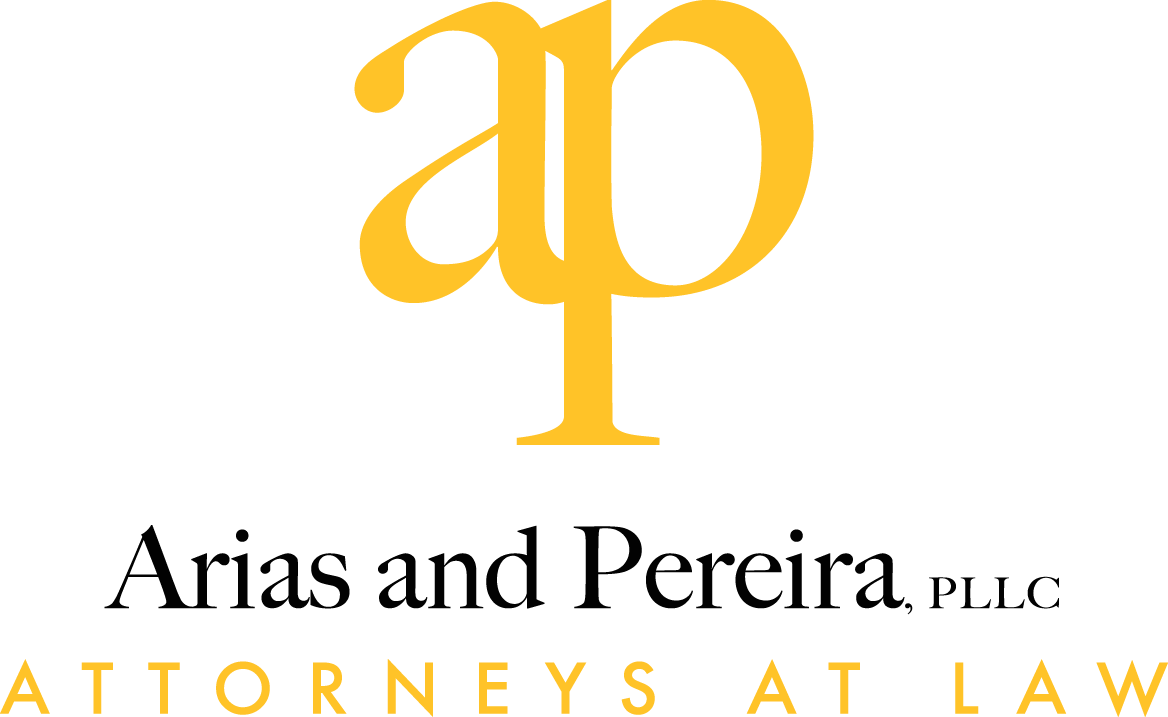Trump Administration revokes Temporary Legal Status under the CHNV Parole Program
Trump Administration revokes Temporary Legal Status under the CHNV Parole Program
On March 21st, 2025, President Donald Trump and his administration announced it will revoke the temporary legal status of more than half a million people (about 530,000) from Cuba, Haiti, Nicaragua and Venezuela. This revocation would go into effect Thursday, April 24, 2025, warning those here in the United States to leave the country before this occurs or be at risk of deportation by Immigration and Customs Enforcement (ICE).1 This announcement came after President Trump issued Executive Order 14165 titled “Securing Our Borders” on January 20, 2025,2 terminating all “categorical parole programs that are contrary to law or policy.”3
These migrants came into the United States legally under the Cuba-Haiti-Venezuela-Nicaragua Parole Program, also known as CHNV, introduced by Former President Joe Biden’s administration in 2023. This parole program allowed for certain nationals and their immediate family members from these four countries to apply for entry to the U.S. for humanitarian relief, allowing a stay for up to two (2) years. Every person that came through the CHNV process was required to have a sponsor in the U.S. that was either a citizen or a lawful permanent resident, pass security vetting, and meet other requirements before entering the U.S. by air. These migrants were also allowed to apply for other immigration statuses during their 2-year stay to secure permanent residency, employment, or citizenship.
This program, designed to open legal migration pathways for migrants from Cuba, Haiti, Venezuela, and Nicaragua, was suspended by President Trump’s administration two months into taking office. President Trump’s administration, alongside the Department of Homeland Security (DHS) has stated that the CHNV program granted “[migrants] opportunities to compete for American jobs and undercut American workers.”4
U.S. Citizenship and Immigration Services (USCIS), in response to President Trump’s executive order, immediately placed an administrative hold on “all benefit requests filed by [migrants] who are or were paroled into the United States under the CHNV process, “pending the completion of the required screening and vetting to identify any fraud, public safety, or national security concerns.”5
There have been immigration attorneys across the United States set to challenge President Trump’s revocation of the program in federal courts, recognizing that Trump Administration’s decision to revoke lawfully-obtained immigration statuses from people who legally entered the country fails to recognize these migrants did everything right under U.S. immigration law.6
I’m Here on CHNV, What Should I Do?
If you came to the United States through the CHNV parole program and have temporary legal status, we at Arias and Pereira, PLLC understand that the recent news from the Trump Administration may have brought you and your family worry. Your status as an CHNV parolee, however, did not end immediately with President Trump’s declaration. Because of this, it is imperative that you check the expiration date on your parole documents as your status should remain valid, regardless of the announcement. It is important to take proactive steps on what to do next before the April 24th revocation date goes into effect:
- Identify your parole’s expiration date.
- Keep constant updates from the Trump Administration on any immigration policy changes that may be implemented. U.S. Citizenship and Immigration Services (USCIS) will continue to provide updates/announcements to any changes involving immigration statuses.
- Travel with your immigration documents.
- Contact an immigration attorney as soon as possible to assist you and answer any questions you have.
For more information on how you can stay up-to-date on policy changes or if you believe you are at risk of deportation, call Arias and Pereira, PLLC today at (786)360-1341 to schedule a consultation. Our staff here at A&P is ready to assist you.
Sources
- See Ted Hesson, Trump revokes legal status for 530,000 Cubans, Haitians, Nicaraguans, and Venezuelans, Reuters (March 24, 2025), https://www.reuters.com/world/us/trump-revokes-legal-status-530000-cubans-haitians-nicaraguans-venezuelans-2025-03-21/. ↩︎
- See Securing Our Borders, Executive Order 14165, 90 FR 8467, 8468 (Jan. 20, 2025), https://www.whitehouse.gov/presidential-actions/2025/01/securing-our-borders/. ↩︎
- U.S. Citizenship and Immigration Services Memorandum, Administrative Hold on All USCIS Benefit Requests filed by Parolees Under the Uniting for Ukraine (U4U) Process, Processes for Haitians, Cubans, Nicaraguans, and Venezuelans (CHNV) Process, or Family Reunification Parole (FRP) Process, USCIS (Feb. 14, 2025), https://www.uscis.gov/sites/default/files/document/foia/AdministrativeHoldonAllUSCISBenefitRequestsFiledbyParoleesUnderU4U_CHNVorFRP.pdf. ↩︎
- Christal Hayes, Trump revoking protections for Cubans, Haitians and other Migrants, BBC (Mar. 22, 2025), https://www.bbc.com/news/articles/c33706jy774o. ↩︎
- See U.S. Citizenship and Immigration Services Memorandum, supra note 2. ↩︎
- Karen Tumlin, founder of the Justice Action Center in California, told BBC reporters that “the [Trump Administration’s] decision hurt people ‘who did everything right that the US Government asked of them,’ adding that ‘their sponsors in the United States paid the fees, filled out the government paperwork, waited in line.'” See id. The Justice Action in California is seeking to challenge the Trump Administration’s decision in court. ↩︎
Latest Posts
3 Comments Hide Comments
Comments are closed.

Your article helped me a lot, is there any more related content? Thanks!
I don’t think the title of your article matches the content lol. Just kidding, mainly because I had some doubts after reading the article.
Your point of view caught my eye and was very interesting. Thanks. I have a question for you.